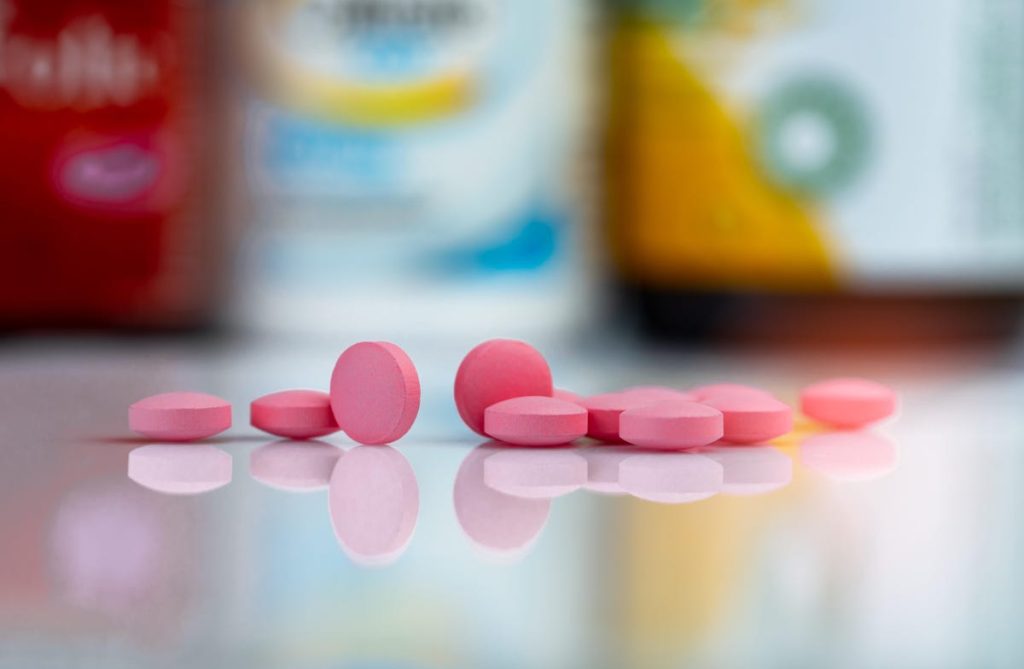
What is MDMA Assisted Psychotherapy
MDMA therapy uses regulated doses of MDMA in a clinical setting to help healthcare professionals treat certain psychiatric conditions, such as PTSD.
MDMA stands for 3,4-methylenedioxymethamphetamine. It is an empathogen, which is a type of drug that alters neurotransmitters in the brain to affect how a person feels.
The use of MDMA in psychotherapy sessions may help reduce anxiety or defensiveness in the person receiving therapy. This may increase the level of trust and bond between the person and the therapist, allowing them to open up more freely and have more productive sessions.
People may be able to revisit traumatic memories to work through them without becoming overwhelmed, overly anxious, or stressed
What is MDMA therapy used for?
Current research is investigating the uses of MDMA therapy in the treatment of:
- PTSD
- eating disorders, including anorexia nervosa restricting subtype (AN-R) and binge-eating disorder
- anxiety disorders, including anxiety in adults with autism
- Research into MDMA therapy for treating PTSD is currently in the third and final stage of clinical trials.
The FDA has also allowed an expanded access program for MDMA therapy, which means people who have life threatening, treatment-resistant PTSD and are unable to take part in clinical trials can access MDMA therapy.
The study found that MDMA therapy reduced anxiety more than those in the placebo group. However, researchers require larger-scale clinical trials to show whether it has the potential to be an effective treatment.
What are the effects of MDMA on the brain?
MDMA increases levels of norepinephrine, serotonin, and dopamine, which are chemical messengers in the brain.
In particular, MDMA increases norepinephrine and serotonin. Serotonin helps to regulate behaviors and functions such as sleep, pain, and appetite and has mood-elevating effects.
MDMA increases levels of certain hormones that affect the stress response. MDMA also increases oxytocin and prolactin, which are both hormones that link to trust and bonding. MDMA also reduces activity in the amygdala, which is part of the brain that processes fear and trauma.
These effects may help treat conditions such as PTSD, as they allow people to talk more openly in therapy about traumatic memories.
Summary
MDMA therapy is the use of pharmaceutical-grade MDMA alongside psychotherapy sessions.
Research has investigated the use of MDMA therapy to treat PTSD. It may also help treat other mental health conditions, such as anxiety disorders and eating disorders.
In MDMA therapy, healthcare professionals administer a regulated dose of MDMA to people receiving therapy.
The effects of MDMA may help make people recall traumatic memories to work through in the session while helping to reduce feelings of stress and anxiety.
